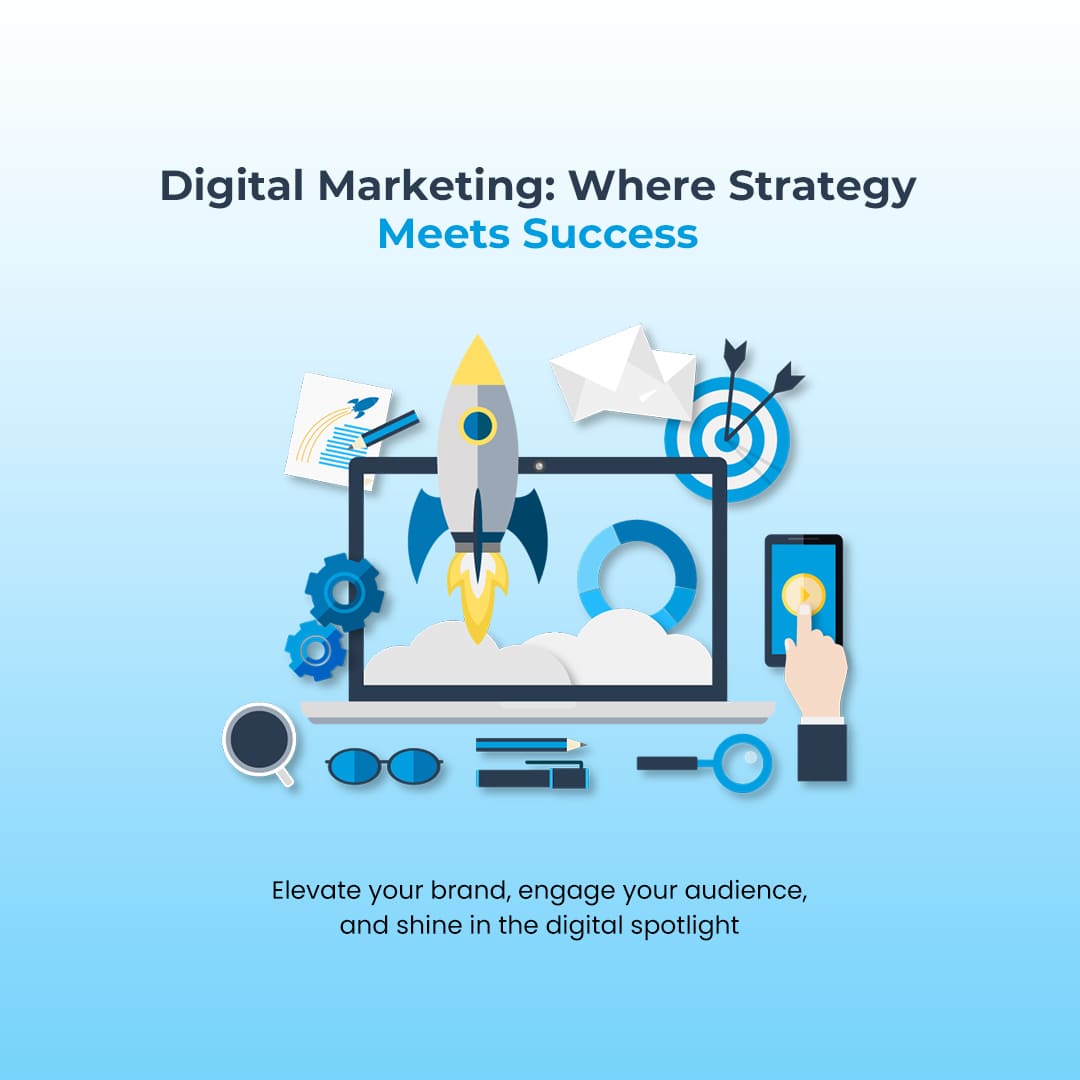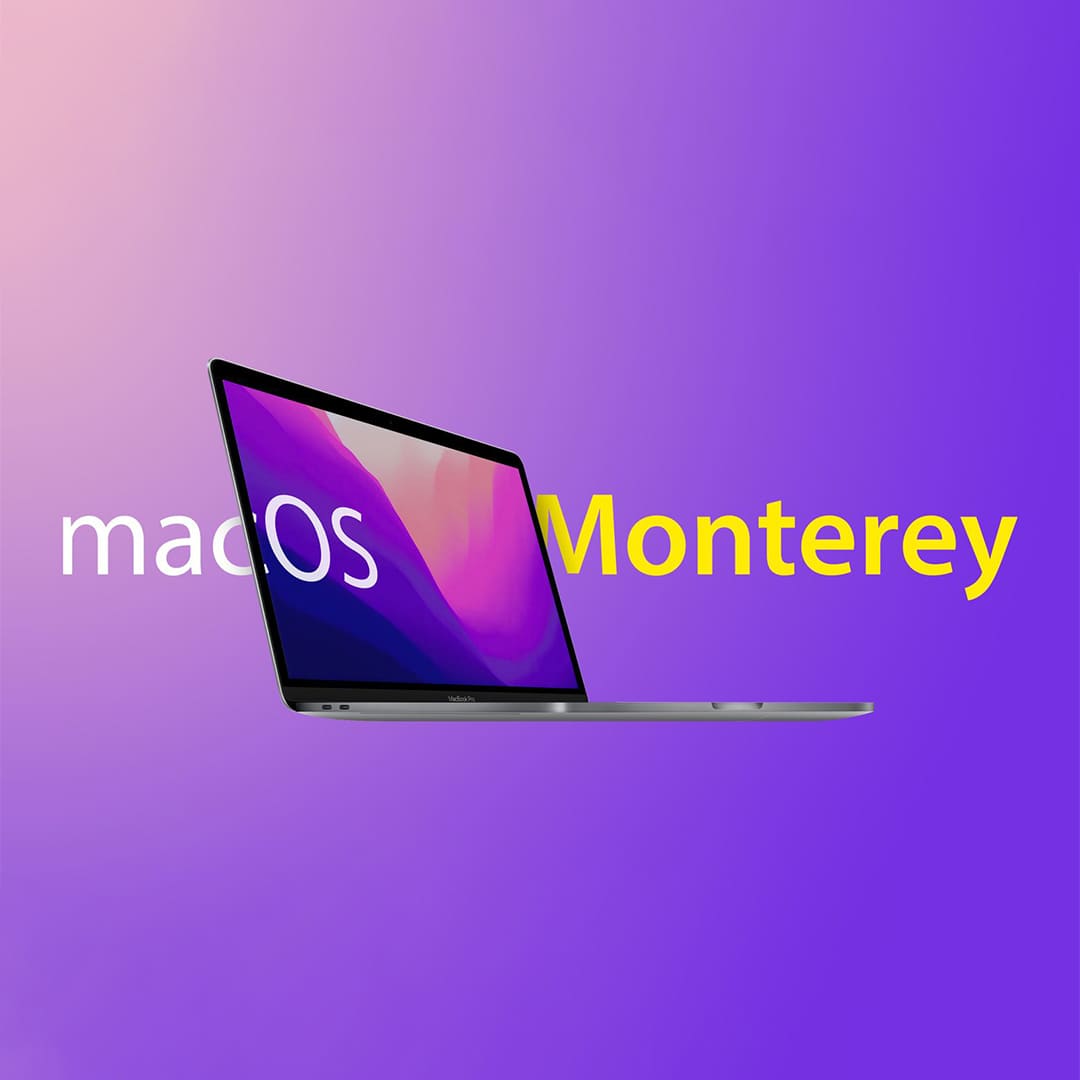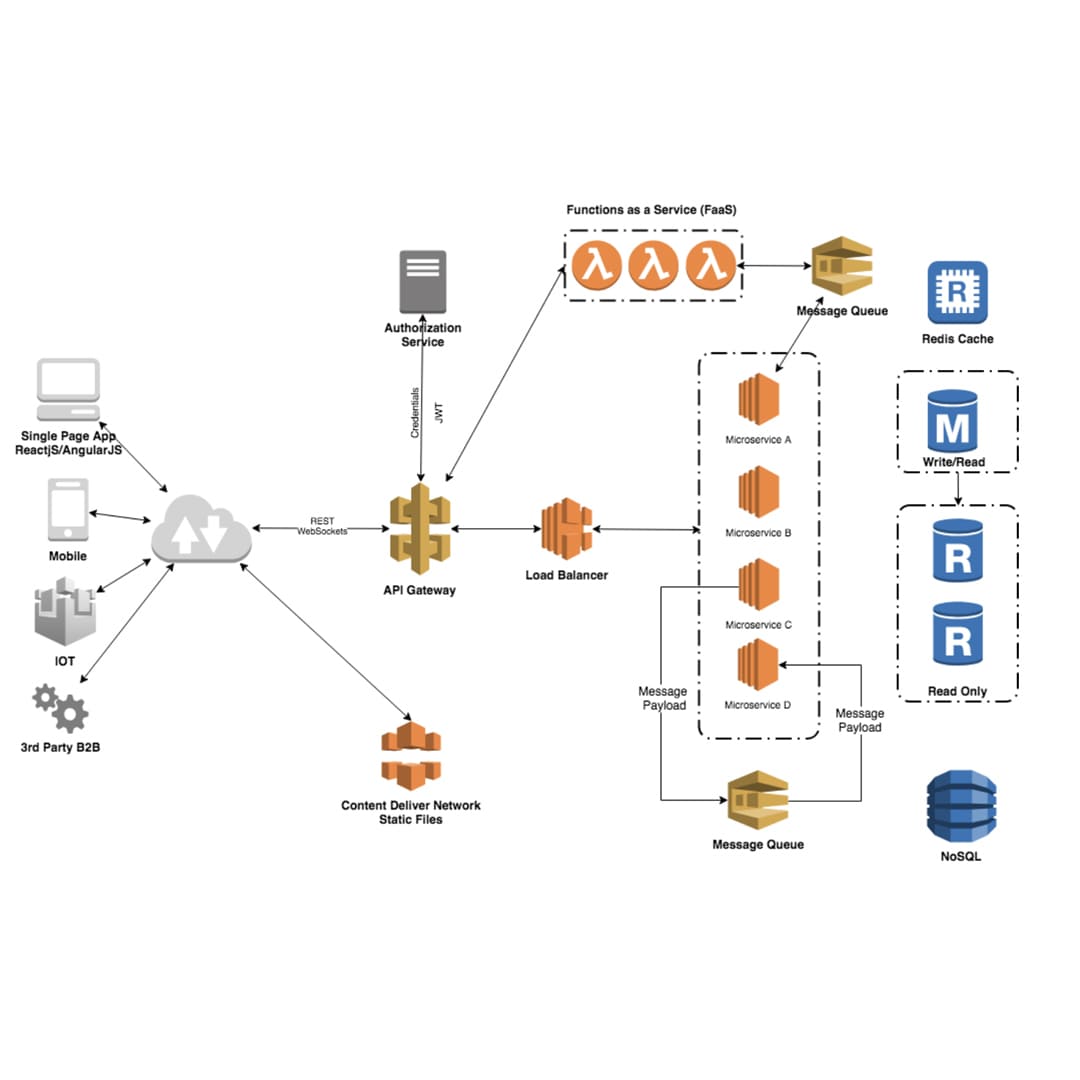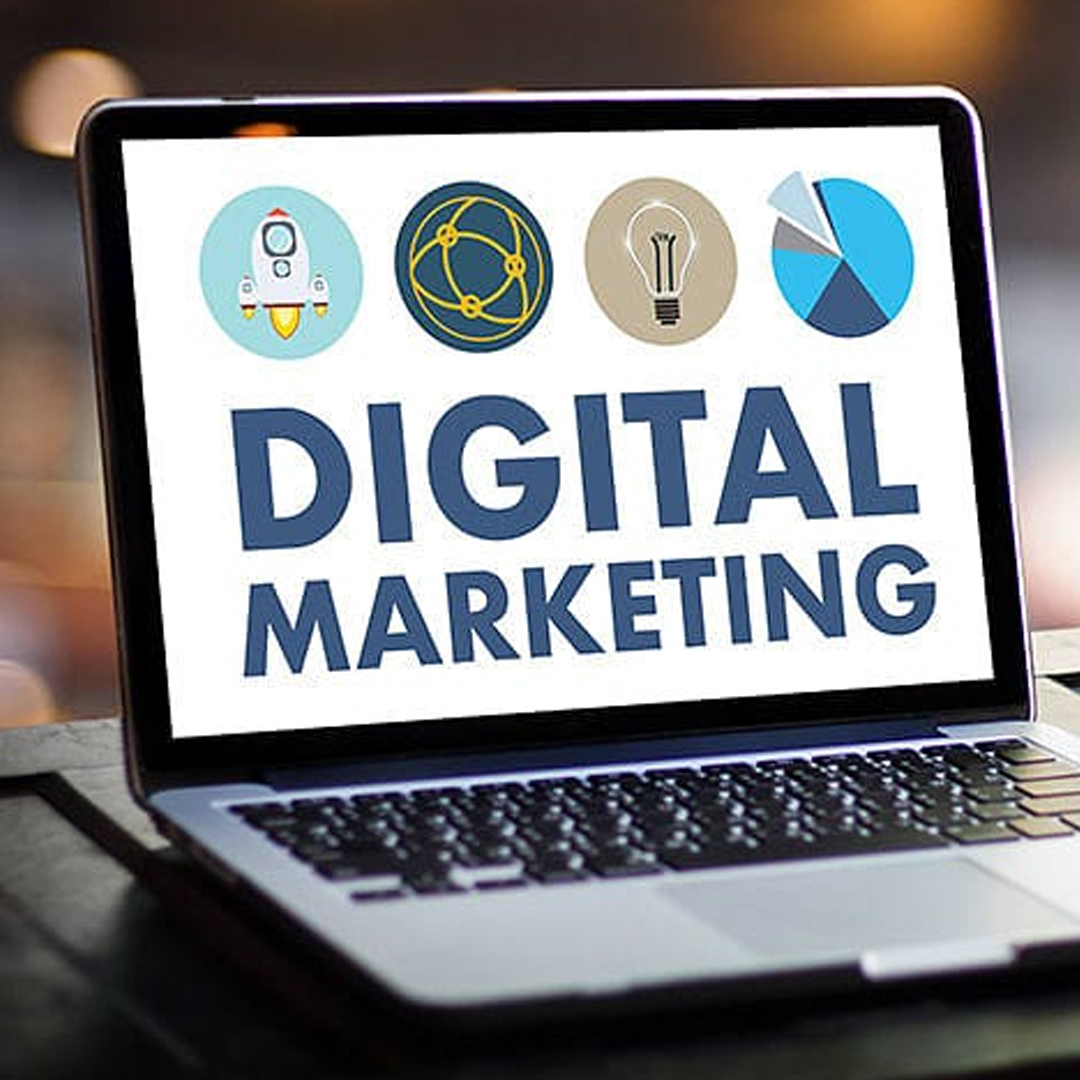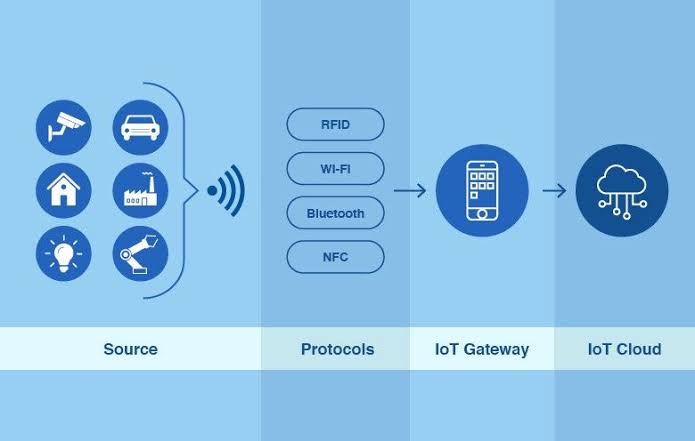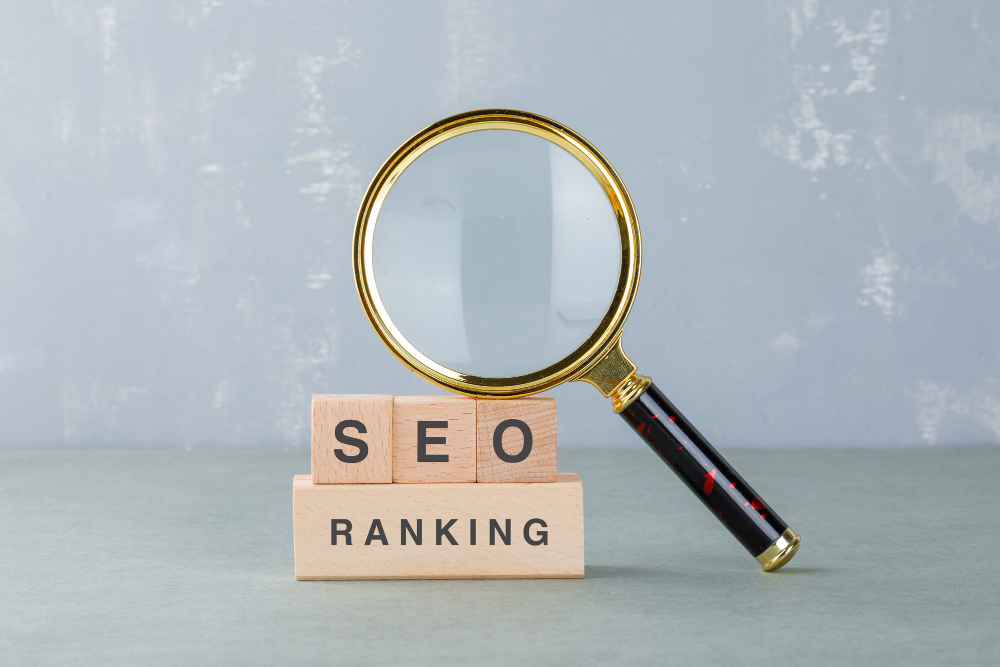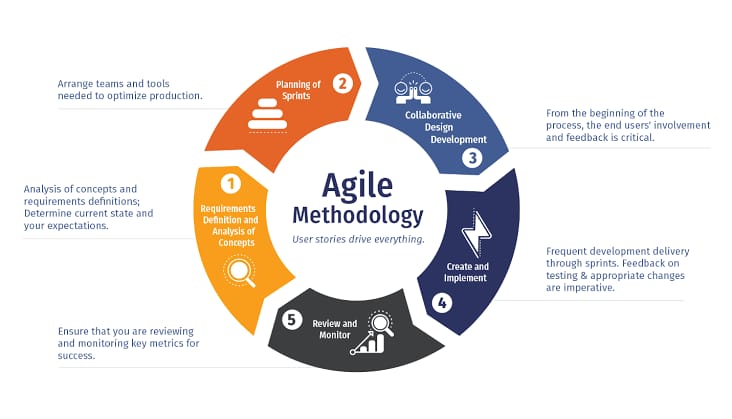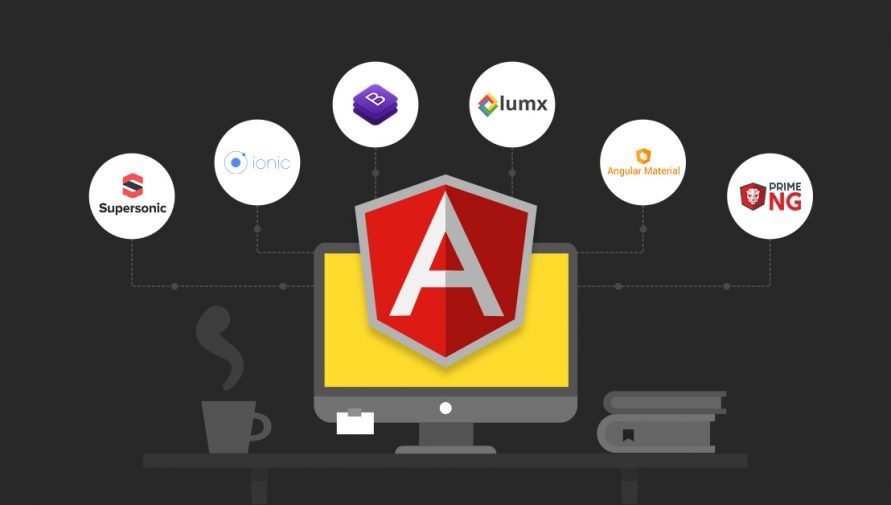Emerging Technologies in SEO

The future prospects for SEO will be significantly affected by the ongoing release of revolutionary innovations in the quickly expanding realm of digital marketing. Modern e-commerce businesses must use advanced technologies to increase accessibility and satisfaction with customers if they want to remain relevant. Modern technology has brought about a transformation in search engine optimization strategies, which has consequences for a number of industries, including augmented reality (AR), machine learning, voice searches, artificial intelligence, and even more. This shift in perspective gives marketers an unmatched opportunity to adjust, as well as whole new avenues for customer interaction and online visibility. Understanding and utilizing the potential of developing technologies in SEO is not just a choice, but a strategic requirement for companies hoping to succeed in the digital sphere in this age of ceaseless innovation.
The Impact of AI and Machine Learning on SEO
Recently, machine learning (ML) and artificial intelligence (AI) have had a significant impact on search engine optimization (SEO). The following represent a few ways that SEO continues to be influenced by AI and ML:
- Algorithm Updates: AI algorithms have been employed by search engines like Google for continually improving search results. Machine learning has been employed by updates like Google's RankBrain to more effectively understand the intent behind search searches while providing more relevant results.
- Material Generation and Optimization: Artificial Intelligence systems have the capability of analyzing enormous amounts of data to find trends in substance which are effective. The information provided previously can be used in order to enhance the SEO of materials that have previously been published or to develop creative concepts for content.
- A branch of artificial intelligence called NLP, or natural language processing, assists search engines in comprehending the context and intent of queries provided by users. As a consequence of this, even for complicated or conversational inquiries, their algorithms are able to deliver more accurate and appropriate search results.
- Tailored Search Results: Artificial intelligence (AI) systems assess user behavior, preferences, and previous search histories to provide customized search results. The overall user experience is improved when content is presented in a way that is more likely to be relevant to the user's circumstances through personalization.
- Image and Voice Search Optimization: AI continues to grow increasingly important in understanding and deciphering non-textual content as visual and voice search become increasingly common. Search engines incorporate machine learning to increase the degree of accuracy of their voice search and recognition of images algorithms.
- Predictive analytics has made use of AI to forecast changes and patterns in search traffic. SEO experts can utilize predictive analytics to foresee changes in the market and modify their approaches appropriately.
- Automation of Repeated Tasks: Regular SEO tasks like backlink analysis, performance reporting, and keyword research can be automated with AI and ML. Now, professionals in SEO can concentrate on the more tactical facets of their profession.
- Search engines employ artificial intelligence (AI) in order to identify and blacklist websites which utilize spammy or inaccurate material. This process is known as algorithmic penalties and quality control. This helps to maintain the standard of search results and ensures fair competition for websites.
- Chatbots for Customer Interaction: By giving prompt answers to questions, AI-powered chatbots can improve customer experience. By doing this, you can lower bounce rates and raise users' general website engagement.
- Using structured data markup can improve a webpage's comprehension by search engines. In this case, artificial intelligence (AI) can be useful. Rich snippets that provide users more information can then appear in search results as a result.
Voice Search and Its Influence on SEO Strategies
The rise in popularity of voice-activated virtual assistants (VATs), including Siri, Google Assistant, and Alexa on Amazon, has led to an increase in the volume of voice searches. An important factor influencing SEO techniques is the evolution of user-engine interaction. The following effects of voice search on SEO are noted:
- Natural Language Inquiries: Natural language is used in voice searches, which are typically more conversational. Because of this, long-tail, conversational queries—which users may speak rather than type—need to be understood and optimized for in SEO methods.
- Position Zero and Featured Snippets: When voice assistants are asked a voice query, they frequently read out the information from the "position zero" result or the featured snippet. SEO efforts should aim to secure this prime spot by providing concise, relevant answers to commonly asked questions.
- Local Search Optimization: Voice searches are often location-specific. It becomes essential to optimize for local SEO, which includes location-based keywords, local content, and accurate company information, if you want to show up in voice search results, particularly for "near me" inquiries.
- Mobile Optimization: The majority of voice searches are done on mobile devices. For voice search users to have a flawless experience, it is therefore crucial to guarantee mobile optimization, quick loading times, and a responsive design.
- Using Structured Data Markup (SDH: This helps search engines grasp the context of your material). This is important because it makes it more likely that specific voice search queries will be met with your content.
- Question-Answer Scheme Content: Putting together content in the form of questions and answers makes it more compatible with voice search requests. Assume your target audience will have questions, and in your content, provide succinct, understandable solutions.
- Listings and Reviews for Local Businesses: Local businesses are frequently the subject of voice searches. To improve your presence in voice search results, make sure that your company's information is current and correct in online directories and encourage good reviews.
- Page Speed Optimization: Voice search consumers demand prompt, straightforward responses, therefore page speed is important. Improving the speed at which your website loads enhances user experience in general and can help your website rank higher in voice searches.
- Languorous Text: Compared to text-based searches, voice search queries are frequently lengthier and more thorough. Your chances of being chosen for voice search results can be increased by producing in-depth, lengthy material that covers a subject in great detail.
- Tracking User Behavior: Search engine optimization experts can gain insight into how users connect with your content by tracking user behavior, such as bounce rates and engagement. This information can guide adjustments to content and user experience strategies.
- Recognizing User Intent: User intent plays a major role in voice search. Knowing the purpose of voice inquiries and creating content that specifically addresses their demands should be the main goals of SEO tactics.
To sustain and enhance exposure in search engine results as voice search continues to develop, SEO techniques must be modified to account for these developments. In the voice-dominated world of search engines, it is essential to stay up to date on user patterns and technological breakthroughs in voice search.
Blockchain in Search Engine Optimization
There have been conversations and investigations into possible applications where blockchain technology and SEO may come together. Here are some concepts to think about:
- The concept of employing blockchain technology to create decentralized search engines has been the subject of several initiatives. Transparency, secrecy, and greater user control over search results are the goals of these. If decentralized search engines become increasingly common and modify how search results are shown and obtained, they could potentially have an effect on the current situation associated with conventional SEO.
- Blockchain-Based Domain Names: A decentralized system of domain names has been established by blockchain initiatives like Intercom. If blockchain-based domains become more widely adopted, they could impact SEO by influencing the way websites are identified, ranked, and trusted.
- Digital Identity and Reputation: Blockchain's ability to establish secure and verifiable digital identities could impact how search engines evaluate the credibility and reputation of websites. Verified and trustworthy digital identities might become a factor in search engine algorithms, affecting SEO.
- Tokenized Economies for Content: Blockchain facilitates the creation of tokenized economies, allowing users to be rewarded with tokens for various online activities. This could include engagement with content, sharing, and other SEO-related activities. Token-based systems might influence SEO tactics by impacting the creation, dispersion, and promotion of content.
- Preventing Click Fraud: Transparent as well as unbreakable systems for monitoring ad impressions as well as clicks can be made using blockchain technology to prevent click fraud. Blockchain has an opportunity to have a consequential effect on the advertising landscape, including promoted search results, by avoiding fraudulent clicks and guaranteeing the truthfulness of advertising metrics.
- Blockchain-based agreements have an opportunity to safeguard and automate particular elements of online advertising. Smart contracts could potentially be implemented by publishers and advertisers in order to establish automatic, transparent agreements that would reduce fraud and guarantee fair reimbursement. This might be having an impact on the structure of online advertising, which is a significant component of SEO strategies.
- Data Security and Privacy: As laws governing data protection change, blockchain's commitment to security and privacy may become increasingly important to SEO. Users as well as search engines may become greater supporters of websites that emphasize blockchain-based safety precautions.
While there have been many potential crossovers in addition between blockchain and SEO, it's especially important to remember that widespread acceptance and real-world implementations are still in the early stages of development. As improvements in technology occur, it's an excellent concept to keep up with the latest developments and collaborations that might have a positive effect on search engine optimization (SEO) techniques.
Leveraging AR and VR for Enhanced SEO Experiences
VR and AR virtual reality in search engine optimization SEO may be influenced indirectly as these technologies advance and become increasingly integrated into online experiences. Think about the following points of view:
- Visual Search Optimization: AR can enhance visual search experiences by allowing users to interact with the physical world using their devices. Visual search involves capturing images and searching for similar products or information. Optimizing for visual search may become essential for SEO due to the increasing demand from customers for more dynamic and visually exciting search experiences.
- AR and VR content search engine optimization: As these kinds of material grow in number, it could become increasingly important for people to do so. The improvements to meta tags, descriptions, and various additional on-page characteristics might be necessary to make sure that Google and other search engines are able to recognize and index material generated through AR and VR.
- Local SEO for AR Navigation: AR applications, particularly in navigation and location-based services, may influence local SEO. Businesses optimizing for AR-driven navigation experiences could gain a competitive advantage in local search results.
- User Engagement Metrics: AR and VR experiences can significantly impact user engagement. Metrics like stay duration, interaction rates, and user happiness with AR/VR content are important considerations for search engines. Prioritizing user engagement in these immersive spaces may need an evolution of SEO methods.
- The utilization of structured data markup tailored to AR and VR content can aid search engines in comprehending the context and organization of immersive experiences. Increased visibility of such content in search results could result from this.
- The emergence of AR and VR has the potential to impact multimedia search by altering the way search engines process and present multimedia material. SEO strategies might need to adapt to ensure that AR and VR content is appropriately optimized for search engine algorithms.
- Experiences with AR and VR are frequently mobile-centric, which is why mobile SEO is important. Search engine optimization already heavily relies on mobile SEO, so companies should think about how AR and VR content fits into their entire mobile SEO plans.
- Rich Snippets for AR/VR: It can be necessary to optimize for rich snippets if relevant information can be summarized in AR or VR material. This can help search engines display concise information about AR and VR experiences directly in search results.
- Creating Connections for AR/VR Experiences: Because AR and VR content is unique, link-building techniques may need to take it into account. Search engines can recognize authority and relevance in well-crafted backlinks linking to augmented and virtual reality experiences.
The Rise of Visual Search and Its Implications for SEO Strategy
People may now look up information using images rather than text thanks to a new approach called visual search. It has grown more commonplace due to advancements in artificial intelligence, image recognition, and the rising demand for smartphones with superior cameras. The advent of visual search influences SEO strategies in a number of ways.
- Image optimization becomes important for SEO because visual search is dependent on images. Using alt text, compressing photos, and creating descriptive filenames are some ways to make pages load more quickly. An image's optimization raises the possibility that it will appear in visual search results.
- The utilization of structured data markup for photographs can furnish search engines with supplementary information on the content of images. This increases the accuracy with which search engines comprehend and index images, increasing the visibility of those images in visual search.
- The fact that visual search is carried out on mobile devices on a regular basis highlights the importance of mobile optimization. Ensuring your website opens rapidly, is responsive to mobile devices, and provides a smooth user experience are essential for the success of visual searches.
- Outstanding Visual material: It is essential to provide visually appealing and top-notch material. Images and other visual components like infographics should be relatable, engaging, and simple to share. By drawing in more visitors, this enhances not only one's likelihood of showing up in visual search results but also overall SEO.
- Using Image Search Engines: Use of image search engines, such as Google Images, is important for visual search. Sitemap submissions, the use of meaningful picture filenames, and appropriate metadata are all part of optimizing for these platforms. This can enhance the visibility of images in image search results.
- Visual Content Optimization for Social Media: Visual content shared on social media platforms can appear in visual search results. Therefore, optimizing visual content for social media by using relevant captions, hashtags, and descriptions can contribute to its discoverability in visual search.
- Product Image Optimization for Online Stores: Visual search may be quite helpful for online stores. Product photos can be made more likely to appear in visual search results by optimizing them with detailed descriptions, many images, and high-resolution visuals, especially for people who are specifically looking for those products.
- Observing developing Visual Search Trends: To stay competitive in SEO, one must keep a close watch on newly developing visual search trends. Gaining an edge over competitors can be achieved by comprehending how people interact with visual search and modifying your content and techniques accordingly.
- User Engagement and Experience: User engagement and experience are the driving forces behind visual search. Improving the user experience on your website by providing intuitive navigation and pertinent visual information will help you rank higher in visual search results.
- Local SEO for Visual Search: Visual search is often location-specific. Local businesses can benefit by optimizing images for local landmarks, products, or services. Including location-based information in image metadata can enhance visibility in local visual search results.
In conclusion, the rise of visual search is transforming the way users interact with search engines. SEO strategies need to evolve to accommodate this shift, with a focus on optimizing images, providing relevant context, and ensuring a positive user experience across visual content. Stay informed about the latest developments in visual search technology to stay ahead in your SEO efforts.
In summary, the continued assimilation of cutting-edge technologies into the field of SEO portends a revolution in digital marketing. As we work through the difficulties of voice search, augmented reality, machine learning, and artificial intelligence, the SEO industry is evolving at a rate never seen before. If organizations wish to stay competitive, they must act proactively in response to the opportunities and difficulties this shift brings. Modern SEO tactics that prioritize the user experience and cutting-edge technology are replacing the outdated SEO paradigms. Being a strategic advantage is just as important as accepting these changes and being up to date with the latest developments if you want to stay competitive in the ever-changing digital market. Future-focused companies will surely position themselves for increased online exposure, engagement, and long-term success if they can move quickly and strategically via the convergence of SEO and developing technologies.
Recent Stories
500k Customer Have
Build a stunning site today.
We help our clients succeed by creating brand identities.
Get a Quote















